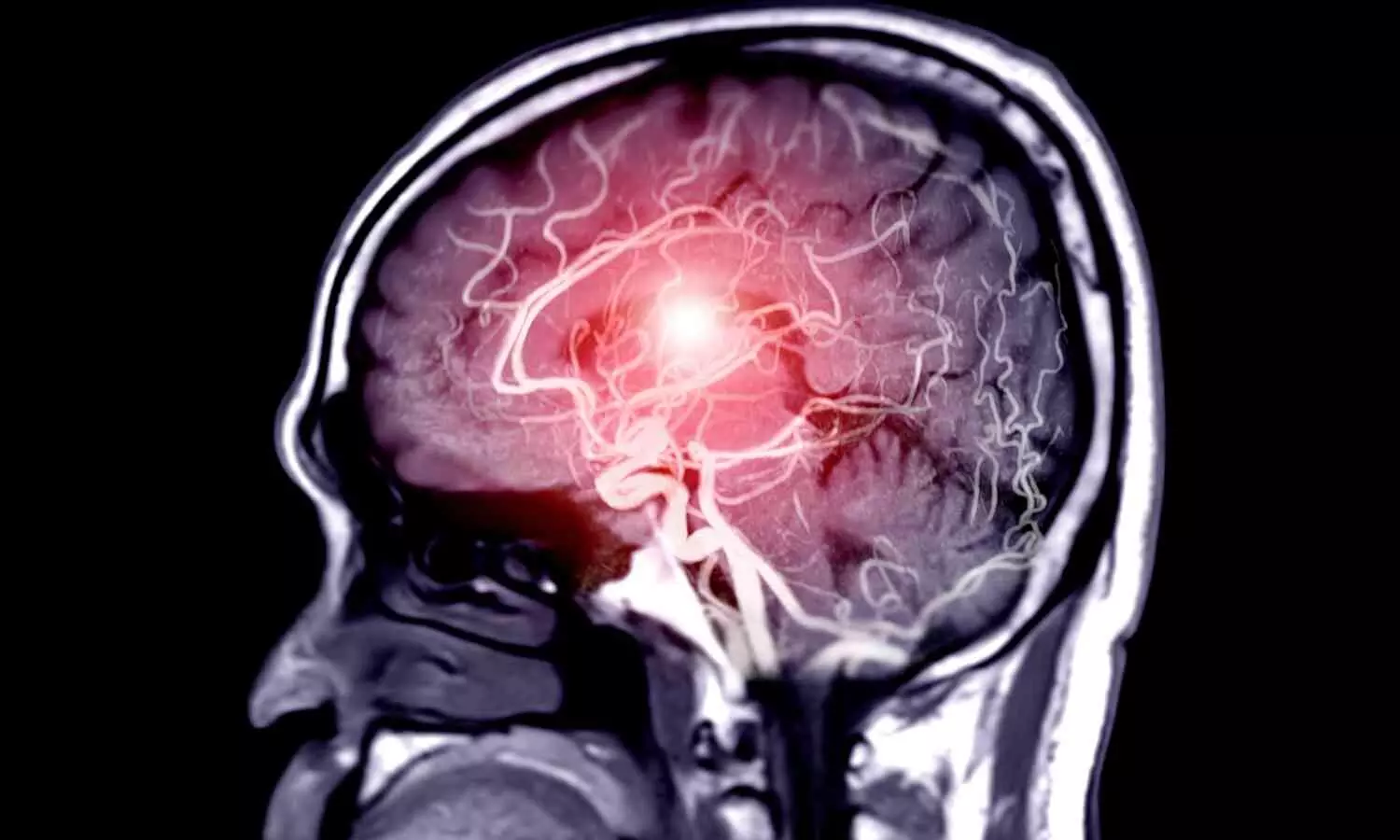New Study Links Stroke to Immediate and Long-Term Cognitive Decline in Older Adults

Sydney: New research from the Centre for Healthy Brain Ageing (CHeBA) at the University of New South Wales, Sydney, has demonstrated that older adults who suffer a stroke for the first time experience both immediate and accelerated long-term cognitive decline. Published in JAMA Network Open, the study sheds light on the impact of stroke on cognitive abilities, particularly in older populations.
Stroke, which occurs when blood flow to the brain is disrupted, leading to brain cell damage, remains one of the leading causes of disability and dementia globally. According to the World Health Organization, approximately 15 million people suffer a stroke annually, with 10 million either dying or being left permanently disabled.
The research analyzed data from 14 studies conducted in 11 countries, involving 20,860 adults, with an average age of 73, who had no prior history of stroke or dementia. All participants exhibited moderate cognitive decline due to aging, but those who suffered a stroke during the study period experienced a significant and immediate drop in cognitive performance, affecting areas such as memory, language, and processing speed.
Following this initial decline, the stroke survivors also experienced a faster rate of long-term cognitive deterioration compared to pre-stroke rates. “By analysing their cognitive abilities before and after stroke, we mapped the course of changes in thinking and memory,” said Jess Lo, a CHeBA biostatistician and lead researcher.
The study also highlighted that individuals with conditions like diabetes, high cholesterol, hypertension, heart disease, depression, or who were carriers of the APOE4 gene (a major risk factor for Alzheimer’s disease), showed a significantly faster cognitive decline even before experiencing a stroke. These findings underscore the importance of addressing vascular risk factors early, as they not only increase the risk of stroke but also contribute to cognitive decline years before the onset of stroke.
Professor Perminder Sachdev, Co-Director of CHeBA and senior author, noted that this global study highlights the significant negative impact of stroke on long-term brain function, urging clinicians to prioritize ongoing care and prevention strategies for stroke survivors to mitigate cognitive decline and improve quality of life.
This study emphasizes the need for early interventions targeting modifiable risk factors, potentially reducing the risk of both stroke and cognitive impairment.


